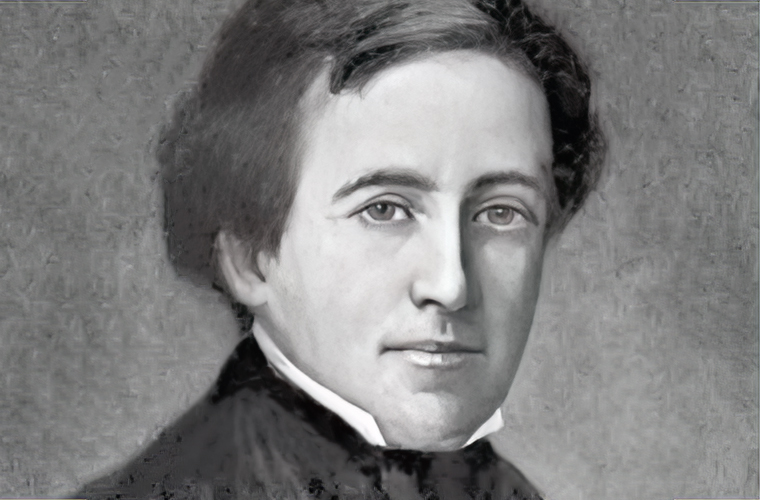In 1853, a significant legal dispute captivated the attention of the nation and sparked intense debate over the issue of slavery in the United States. At the center of this landmark court case was Dred Scott, a slave who had been striving to secure his freedom through the judicial system for several years. The case ultimately reached the highest judicial authority in the country, the Supreme Court, and involved a pivotal figure named John F. A. Sanford. The origins of this legal saga can be traced back to 1846, when Dred Scott, a slave laboring under the ownership of Sanford’s brother-in-law, embarked on a quest for emancipation through the courts. Over several years, Scott’s pursuit of freedom gained momentum and ultimately culminated in a historic legal showdown that would leave an indelible mark on American history.
As the defendant in the case, John F. A. Sanford found himself at the center of a contentious legal battle with far-reaching implications. The outcome of the case would not only have a profound impact on the lives of those directly involved but would also significantly shape the legal and social landscape of the United States during a tumultuous period in its history. In 1853, the Dred Scott case came before the Supreme Court, where it was met with fervent anticipation and intense scrutiny. The central issue at stake was whether Dred Scott, as a slave, could lawfully claim his freedom based on his residence in free territories and states. The ramifications of the Court’s decision were profound, carrying implications that extended well beyond the immediate circumstances of Dred Scott’s plight.
After careful consideration and deliberation, the Supreme Court rendered its verdict in favor of John F. A. Sanford delivered a decision that reverberated throughout the nation. The implications of this ruling were far-reaching, igniting impassioned discourse and exacerbating existing tensions surrounding the issue of slavery in the United States. The Dred Scott case stands as a pivotal moment in American legal history, serving as a stark reminder of the profound impact that judicial decisions can have on the fabric of society. The repercussions of this landmark case were felt not only in legal and political spheres but also in the deeply entrenched social divisions that characterized the era in which it unfolded.
In the aftermath of the Supreme Court’s decision, the legacy of the Dred Scott case endured as a potent symbol of the deep-seated conflicts that plagued the nation during a tumultuous period. The case catalyzed heightened tensions and further exacerbated the already contentious debate over slavery, ultimately contributing to the escalating discord that would culminate in the American Civil War. The enduring significance of the Dred Scott case lies not only in its immediate legal implications but also in its enduring resonance as a testament to the complex and deeply divisive nature of American society during a critical juncture in its history. The legacy of this landmark court case serves as a poignant reminder of the profound impact that legal disputes can have on the course of history and the evolution of societal norms.
Ultimately, the Dred Scott case stands as a sobering testament to the enduring struggle for justice and equality in American society. Its enduring legacy serves as a powerful reminder of the ongoing pursuit of justice and equality for all individuals, underscoring the enduring relevance of this historic legal saga in contemporary discourse on civil rights and social justice.
In conclusion, the Dred Scott case represents a watershed moment in American legal history, leaving an indelible imprint on the nation’s collective consciousness. The enduring legacy of this landmark court case serves as a powerful reminder of the complex interplay between law, society, and justice, and continues to resonate as a potent symbol of America’s ongoing quest for equality and justice for all.

